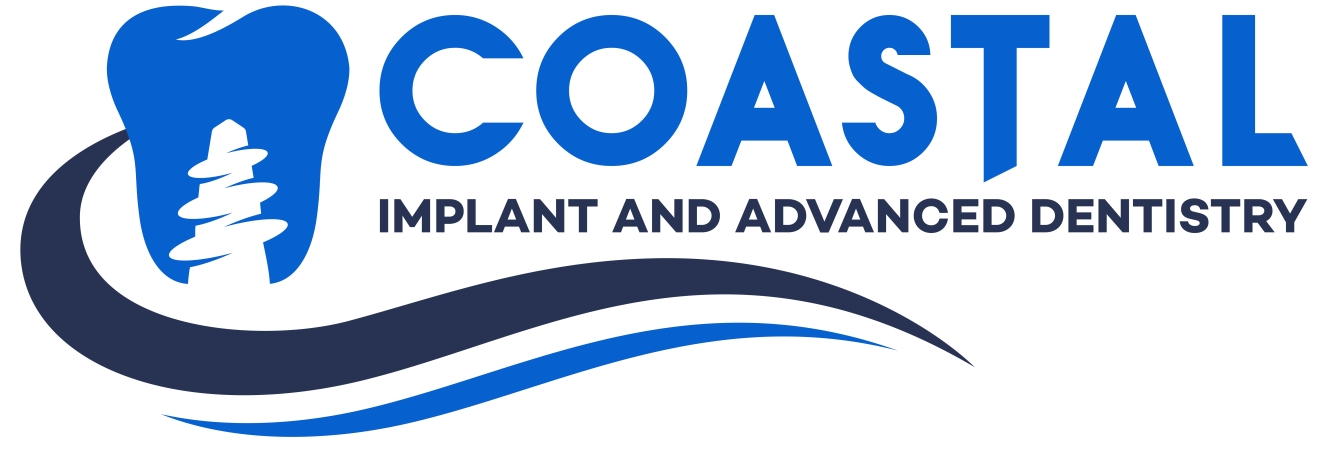Meet The Doctors
Dr. Michelle Torres
Dr. Michelle M. Torres was born and raised in Arecibo, Puerto Rico. She attended the University of Puerto Rico (UPR) in Arecibo, where she earned a Bachelor of Science in Microbiology. Dr. Torres then received her Doctor of Dental Medicine Degree from the University of Puerto Rico – Medical Science Campus. After dental school, she attended Nova Southeastern University where she completed a three-year residency and received her periodontal certification, along with her Master of Science in Dentistry.
Dr. Torres was also honored to serve as Chief Resident during her last year in Perio residency, a very distinguished honor as there is only one person nominated to serve this position throughout the entire year. Dr. Torres also received her board certification in periodontology and dental implant surgery, becoming a member of a distinguished group of practitioners who have made significant achievements beyond the mandatory educational requirements to allow patients to feel confident that they are receiving the highest quality of care.
Michelle met her husband, Rohit, in dental school where they were both pursuing their post-graduate programs. When Michelle isn’t at work, her hobbies include salsa dancing, cooking, travel, and spending time with her husband and their two dogs, Isha and Puffy. Michelle and Rohit are excited to call Corpus Christi their home.
Dr. Rohit Mathur
Dr. Rohit Mathur is originally from India. After completing dental school Dr. Mathur received a Master of Public health (M.P.H) degree from the University of Miami where he received a public health merit scholarship. During his time at the University of Miami, his research was focused on creating awareness about the benefits of dental implants.
After completing M.P.H, Dr. Mathur completed his three-year residency in Prosthodontics at Nova Southeastern University, FL. As a Prosthodontist, he is trained to handle complex cases involving full mouth reconstructions, advanced cosmetic cases, and dental implants. Along with his certificate in Prosthodontics, Dr. Mathur received a Master of Science in Dentistry from Nova Southeastern University. His master’s thesis was on all-ceramic crowns which are known for their high translucency and esthetics. Upon graduation, Dr. Mathur was the first resident to receive an award for excellence in Implant dentistry. His postgraduate education and expertise gave him a special understanding of the dynamics of a smile and the preservation of a healthy mouth which allows him to treat patients with complex dental conditions, to restore optimum function and esthetics.
Dr. Mathur served as an assistant professor and team leader in the Department of Prosthodontics at NSU College of dental medicine. He taught dental students about treatment planning, dental implants, and other prosthodontic procedures. In addition to teaching, Dr. Mathur worked at NSU faculty practice where he was able to treat patients with complex dental needs.
During his free time he enjoys reading, traveling, watching movies, and spending time with his wife and their two dogs. Dr. Mathur is looking forward to providing excellent care to our patients and becoming part of our great community in Corpus Christi.

